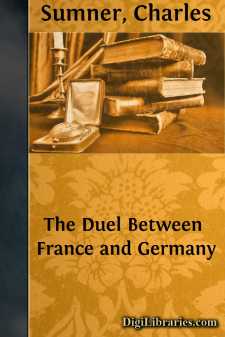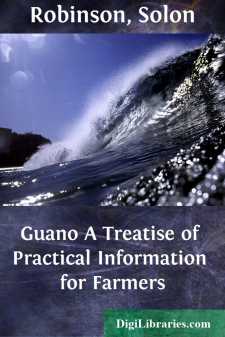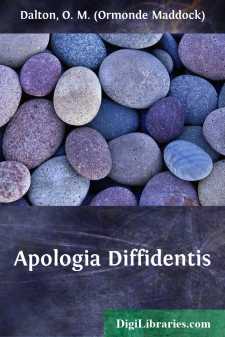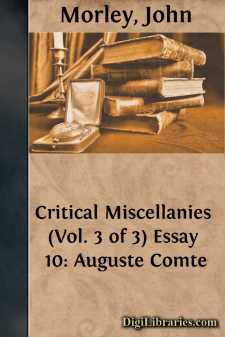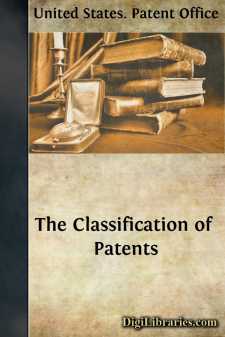Non-Classifiable
- Non-Classifiable 1768
Non-Classifiable Books
Sort by:
by:
Charles Sumner
WAR UNDER THE LAW OF NATIONS A DUEL. But no classical authority is needed for this designation. War, as conducted under International Law, between two organized nations, is in all respects a duel, according to the just signification of this word,—differing from that between two individuals only in the number of combatants. The variance is of proportion merely, each nation being an individual who...
more...
by:
Solon Robinson
INTRODUCTION The rapidly increasing use of guano, in the United States, and the growing conviction upon the public mind, that it is the cheapest and best purchasable manure in the world, together with the fact of a great want of information among American farmers, as to the best mode of applying it to the soil, has induced the agents of the Peruvian Government for the sale of guano in the United...
more...
In the matter of avowals the diffident never speak if they can write. That is why my apology for a furtive existence is here set down in solitude instead of being told face to face. You have borne so many years with my unresponsive and incomprehensible ways that shame at last constrains me to this poor defence; for I must either justify myself in your sight, or go far away where even your kindness...
more...
EDITOR'S PREFACE. "Turner's Harbors of England," as it is generally called, is a book which, for various reasons, has never received from readers of Mr. Ruskin's writings the attention it deserves. True, it has always been sought after by connoisseurs, and collectors never fail with their eleven or twelve guineas whenever a set of Artist's Proofs of the First Edition of 1856...
more...
by:
John Morley
AUGUSTE COMTE. Comte is now generally admitted to have been the most eminent and important of that interesting group of thinkers whom the overthrow of old institutions in France turned towards social speculation. Vastly superior as he was to men like De Maistre on the one hand, and to men like Saint Simon or Fourier on the other, as well in scientific acquisitions as in mental capacity, still the aim...
more...
[p5]INTRODUCTION. The Author of the book in hand, having passed through the various scenes through which he would accompany his readers, was prompted to make this offering to the craft and the public in order to relieve his mind of the thoughts had upon the subject of making shoes, as well as to contribute something of a literary character which, in the broad range of possibilities, may become useful...
more...
GERAINT AND ENID Queen Guinevere lay idly in bed dreaming beautiful dreams. The sunny morning hours were slipping away, but she was so happy in dreamland, that she did not remember that her little maid had called her long ago. But the Queen’s dreams came to an end at last, and all at once she remembered that this was the morning she had promised to go to the hunt with King Arthur. Even in the...
more...
by:
Luigi Cornaro
The author of the following discourses, Lewis Cornaro, was descended from one of the most illustrious families in Venice, but by the ill conduct of some of his relations, had the misfortune to be deprived of the dignity of a nobleman, and excluded from all honours and public employments in the state. Chagrined at this unmerited disgrace, he retired to Padua, and married a lady of the family of...
more...
The facilitation and abbreviation of mental labor is at the bottom of all mental progress. The reasoning faculties of Newton were not different in qualitative character from those of a ploughman; the difference lay in the extent to which they were exerted and the number of facts which could be treated. Every thinking being generalizes more or less, but it is the depth and extent of his generalizations...
more...
The CHEMISTRY OF FOOD. When Virgil composed his immortal "Bucolics," and Varro indited his profound Essays on Agriculture, the inhabitants of the British Islands were almost completely ignorant of the art of cultivating the soil. The rude spoils torn from the carcasses of savage animals protected the bodies of their hardly less savage victors; and the produce of the chase served almost...
more...


